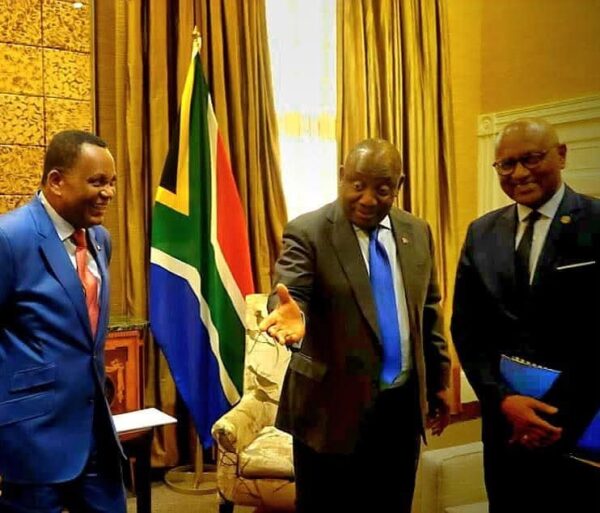As the election for the future Director-General of UNESCO approaches, the competition is heating up. Each party is refining its strategy, including Congo, which has launched a diplomatic tour in southern Africa since July 22 to support the candidacy of Firmin Matoko for the position of Director-General. This tour takes place in a crucial geopolitical and diplomatic context aimed at obtaining the decisive support of the Southern African Development Community (SADC) bloc, which had strategic relations with Congo in the past. Once a rear base for several liberation movements in the fight against colonialism and apartheid, Brazzaville has allies in this region of frontline countries.
Indeed, Congo, in its quest to consolidate African support against the candidate presented by Egypt, is continuing its strategy after the recent tour conducted by its candidate in Asia and Europe. The country is now focusing on southern Africa to position its candidate. In this type of closed elections for international positions, such as those at UNESCO, regional blocs play a decisive role. Strong African cohesion is therefore essential to ensure victory.
From Dar es-Salaam to Pretoria, passing through Maputo and Mauritius, Congo’s Minister of Foreign Affairs, Jean-Claude Gakosso, assisted by Congolese ambassadors in the region, delivers a special message from President Denis Sassou-Nguesso to his African counterparts. He is making every possible effort to rally broad African support.
Firmin Matoko is not unknown: he has already held important positions within UNESCO, notably as Assistant Director-General for Africa. According to our sources, this tour aims to promote his experience and competence, to recall his commitment to education, culture, and sustainable development in Africa, and to present him as the best choice to represent the continent within this institution.
Furthermore, through active support for this candidacy, Congo intends to assert its role in multilateral diplomacy, demonstrate its ability to support a continental candidacy, and thus enhance its image on the African and international stages.
Congo also anticipates potential diplomatic rivalries. Indeed, the Egyptian candidate, who has long presented himself as the representative of the continent, even though his country is part of the Arab bloc within UNESCO, has caused confusion when Congo officially proposed its candidacy following the withdrawal of the Gabonese candidate.
It is in this perspective that Congo is actively seeking support ahead of the elections.
In light of the above, it should be noted that Congo’s diplomatic tour in southern Africa is part of an influence strategy aimed at making Firmin Matoko the African standard-bearer at UNESCO. It illustrates both intra-African diplomatic dynamics and Congo’s willingness to play an increased role within international institutions.


